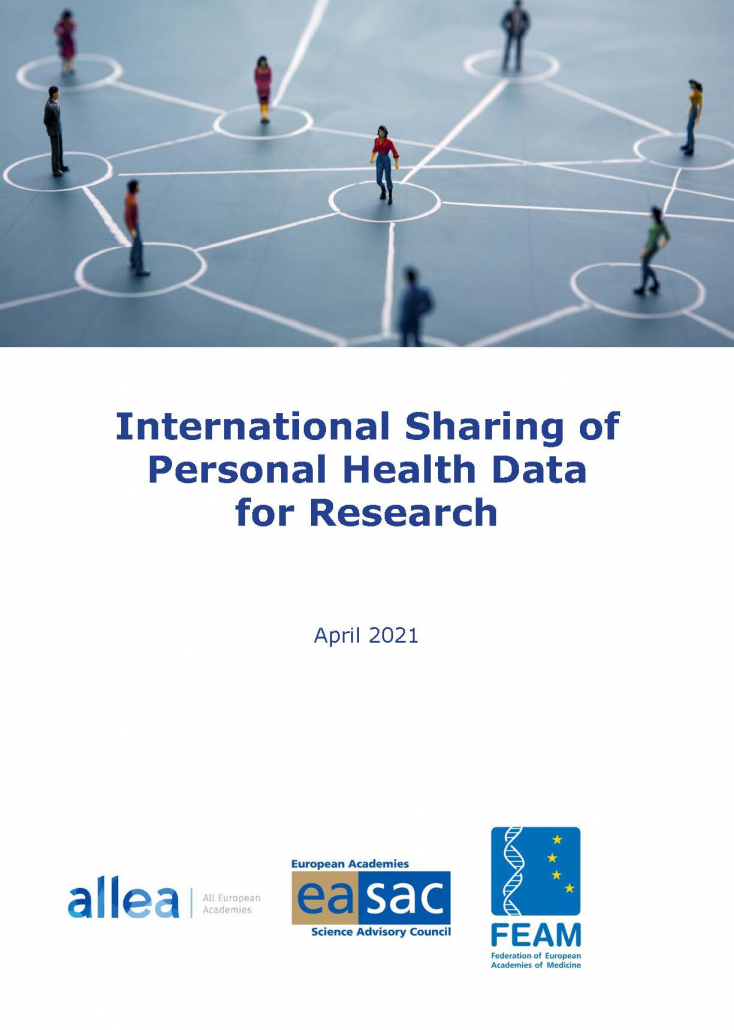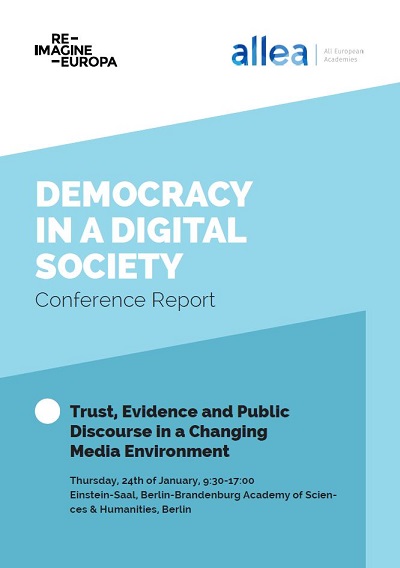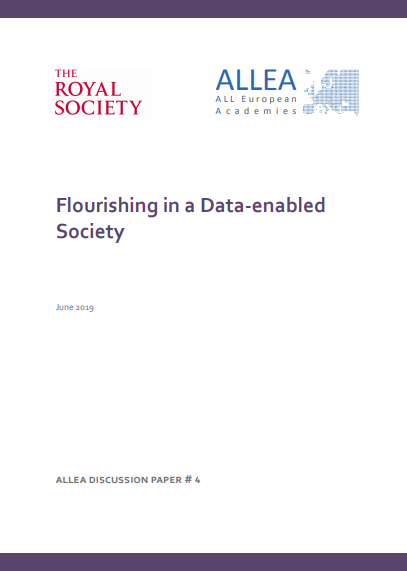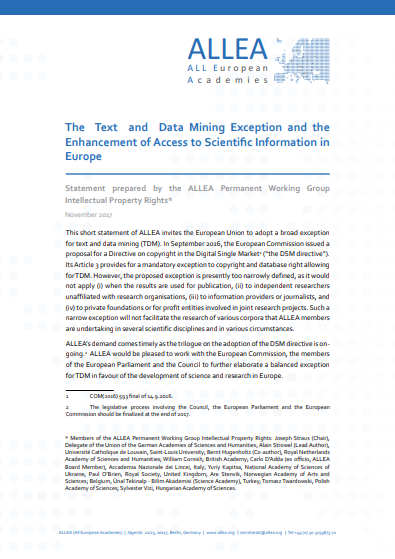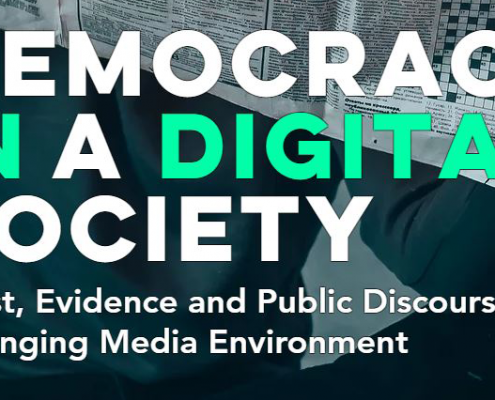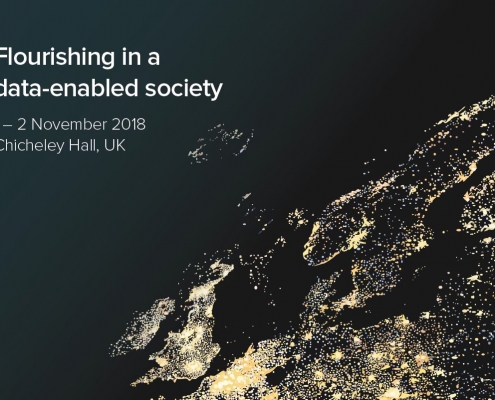Data Governance
Data collection activities are rapidly increasing in speed, scale, and variety. At the same time, the techniques used to combine, analyse, and share these datasets are becoming increasingly sophisticated. These innovations promise significant social benefits but also pose challenges and require societies to navigate important choices and dilemmas. Different countries across the world are developing their own data governance models, and Europe is uniquely equipped to pursue its ambitious digital goals from a value-based and human-centred perspective. Although different sectors may require specialised solutions, there is broad agreement that all trustworthy data governance should be based on a set of high-level European principles. Deeper insight into these principles will be essential to navigate and anticipate potential social and ethical tensions, establish transnational regulatory and ethical guidelines, and, ultimately, promote public trust and participation in the digital society.
Recent Activities
The pan-European ALLEA-Royal Society conference ‘Flourishing in a data-enabled society’ delved into these questions during a two-day event held in the United Kingdom in November 2018. In a set of keynotes, panel discussions and breakout sessions, experts explored major opportunities and challenges that come with new uses of data and discussed the potential trade-offs that stem from such use across various sectors in society, from academics to governments, from civil society actors to the tech industry. Outcomes of the conference have been released in a discussion paper that seeks to inspire and shape the discourse around a data-enabled Europe.
In 2019, ALLEA and Re-Imagine Europa jointly organised a conference on ‘Democracy in a Digital Society: Trust, Evidence ad Public Discourse in a Changing Media Environment’, hosted by the Berlin-Brandenburg Academy of Sciences and Humanities in Berlin. The resulting report compiles the key takeaways of a series of multi-stakeholder panels and workshops on the most pressing questions concerning the impact of digital transformations on democratic institutions in Europe and beyond.
In a recent tripartite collaboration, ALLEA, the European Academies’ Science Advisory Council (EASAC), and the Federation of European Academies of Medicine (FEAM) joined forces to explore how global sharing of health data benefits public research, current challenges imposed by the GDPR, and possible solutions through adapting or expanding the existing legal framework. The main conclusions of the resulting report were presented and discussed during a webinar on 3 June 2021.
Other ALLEA activities explore various different aspects related to Data Governance, including the implications of data sharing for intellectual property rights and the conditions under which people trust expertise used for shaping public policy.



